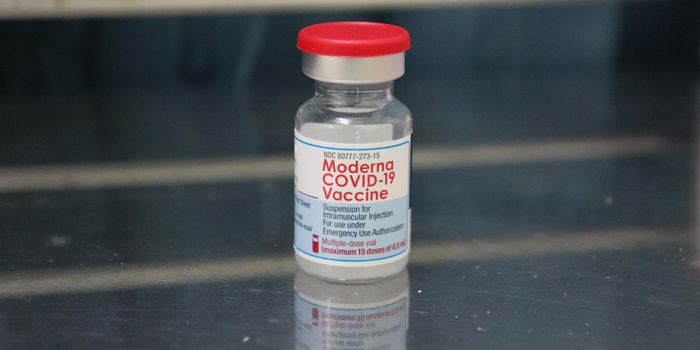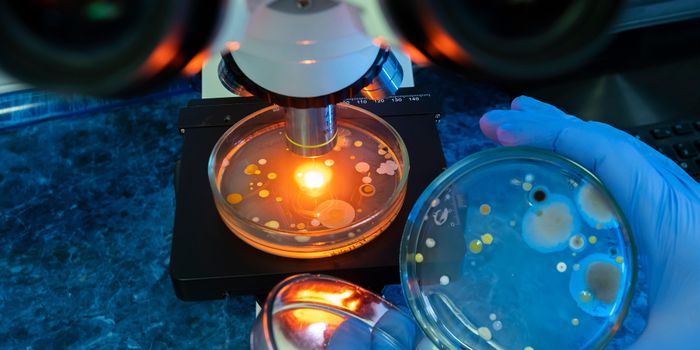Novel Biological Markers Improve Immunotherapy for Pancreatic Cancer
When the doctor utters the word “cancer” one might immediately go numb as their mind takes a minute to comprehend the severity of the diagnosis. The next question that usually comes to mind is, “what kind of cancer?”. While cancer is not looked upon favorably, the type of cancer can offer a glimmer of hope. Unfortunately, more severe cancers include those in the brain and gastrointestinal (GI) tract. These locations are not only difficult to treat but are not commonly detected until the cancer has spread or metastasized to other locations. Specifically, pancreatic cancer has about 44% 5-year survival rate when caught within the pancreas. However, when the disease spreads and is detected in other parts of the body, 5-year survival rate drops to only 3%. According to the American Cancer Society (ACS), roughly 70,000 Americans will be diagnosed with pancreatic cancer each year. Over half of those diagnosed are predicted to die due to the disease.
Scientists and physicians are working to improve detection methods to diagnose pancreatic cancer earlier and enhance current immunotherapies. The environment around the tumor is filled with cells and different proteins that protect the tumor from the immune system and therapy. Similar to other cancers, the pancreatic tumor will secrete proteins that polarize immune cells around it to suppress the immune system, neutralize treatment, and promote tumor growth and progression. Additionally, optimal targets specific to pancreatic cancer allude scientists, which is critical to generate effective cancer therapies. However, a recent discovery might shed light on new biomarkers to target pancreatic cancer.
A new article in Science, by Drs. Tyler Jacks and William Freed-Pastor among others, discovered that a class of proteins expressed in pancreatic cancer cells, could serve as targets for immune cell therapy. Jacks is the David H. Koch Professor of Biology and Daniel K. Ludwig Scholar at Massachusetts Institute for Technology (MIT). Freed-Pastor is a physician scientist and medical oncologist at Dana-Farber Cancer Institute and MIT. Both specialize in immune cell biology and GI cancers, with a concentration in translational medicine.
The proteins that the researchers discovered are known as cryptic peptides, which are generated from a genome sequence not thought to encode for any proteins. The lab discovered that 500 of these proteins are found exclusively in pancreatic tumors. As a result, scientists were able to generate immune cells, specifically T cells, to target the peptides and eliminate pancreatic cancer cells. T cells are specialized immune cells responsible for pathogen recognition and elimination.
The team at MIT used human tumor samples to extract peptides from the cell surface and identify them through cell analysis using a mass spectrometer. Through this method, scientists were able to determine which peptides were specific to pancreatic cancer. Human pancreatic tumor samples were also used to generate 3D cultures in a dish to best replicate a human tumor. By using these 3D cultures called ‘organoids’, scientists were able to treat them with immunotherapies that targeted the cryptic peptides and determine how they respond.
To test the clinical benefit, scientist engineered T cells to target the identified cryptic peptides. As a result, tumors were significantly reduced. Jacks and Freed-Pastor hope to develop other immunotherapies, including vaccines targeting the cryptic proteins. Researchers hope to improve immunotherapy efficacy for human use in the next few years. The discovery made by Jacks, Freed-Pastor, and others provides a new target to enhance immunotherapy and improve patient survival in those with pancreatic cancer.
Article, Science, Tyler Jacks, William Freed-Pastor, MIT, Dana-Farber Cancer Institute








